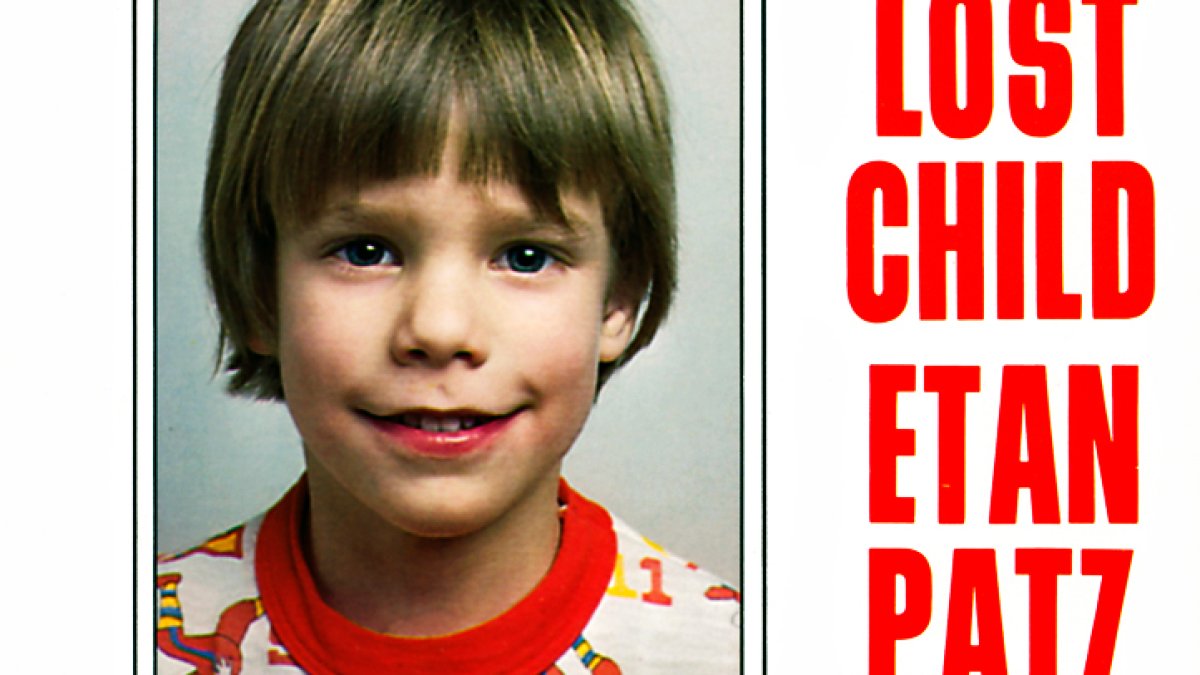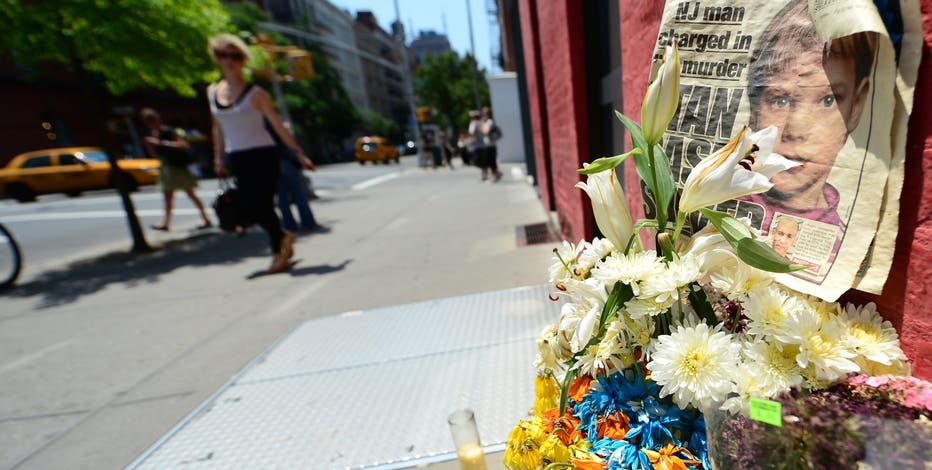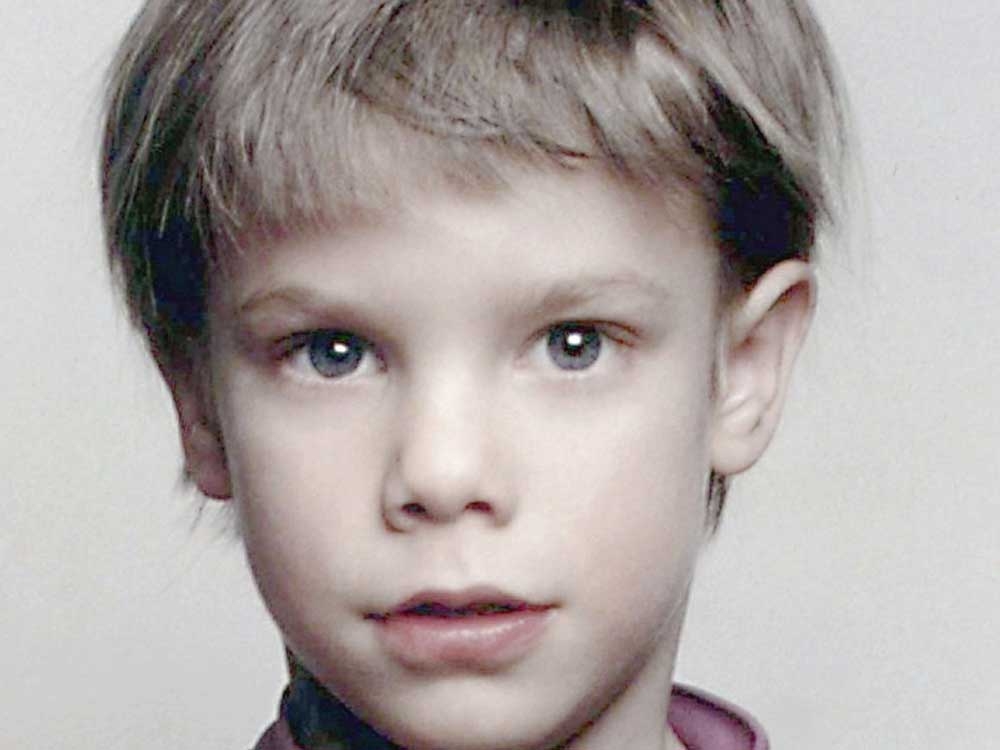Federal Appeals Court Overturns Pedro Hernandez's Conviction in Etan Patz Case

In a stunning turn of events, a federal appeals court has overturned the 2017 conviction of Pedro Hernandez, the man found guilty in the 1979 kidnapping and murder of 6-year-old Etan Patz. The ruling, issued on July 21, 2025, casts doubt on the resolution of a case that has haunted the nation for decades and significantly shaped how missing children are handled.
Reasoning Behind the Overturn
The appeals court cited critical errors in the trial court's instructions to the jury during Hernandez's second trial in 2017. The court specifically pointed to the judge's response to a jury note concerning Hernandez's confessions, particularly those made both before and after he was informed of his Miranda rights. The appeals court deemed these instructions "clearly wrong" and "manifestly prejudicial," leading to the reversal of the conviction.
Hernandez's Potential Release and DA's Response
As a result of the overturned conviction, the court has ordered Hernandez's release from prison unless the Manhattan District Attorney's office grants him a new trial within a "reasonable period." The Manhattan District Attorney's office has acknowledged the ruling and stated that they are currently reviewing the decision to determine their next course of action.
The Disappearance of Etan Patz: A Timeline of Events

The Etan Patz case remains one of the most well-known missing-child cases in American history. Here's a timeline of the key events:
- May 25, 1979: Six-year-old Etan Patz disappears while walking alone to his school bus stop for the first time in SoHo, New York City. His body was never found.
- Early 1980s: Etan Patz becomes one of the first missing children to be featured on milk cartons, a campaign that significantly raised public awareness.
- 1983: President Ronald Reagan designates May 25 as National Missing Children's Day.
- 2001: Etan Patz is legally declared dead.
- 2012: Pedro Hernandez is arrested after a tip and confesses to luring Etan into a convenience store basement and strangling him.
- 2015: Hernandez's first trial ends in a hung jury, resulting in a mistrial.
- 2017: Hernandez is convicted of second-degree murder and first-degree kidnapping and sentenced to 25 years to life in prison.
- July 21, 2025: A federal appeals court overturns Hernandez's conviction.
Key Figures Involved in the Case

Several key figures have been central to the Etan Patz case over the decades:
- Etan Patz: The young boy whose disappearance galvanized the missing children's movement.
- Stanley and Julie Patz: Etan's parents, who spent decades seeking justice and advocating for improved handling of missing-child cases.
- Pedro Hernandez: The man convicted of Etan Patz's murder, whose confession and mental state have been subjects of controversy.
- Manhattan District Attorney's Office: The prosecuting body responsible for the case.
- Federal Appeals Court: The court that overturned Hernandez's conviction.
- Law Enforcement Agencies: The FBI and NYPD, who were involved in the extensive investigation.
The Impact and Controversy Surrounding the Case

The disappearance of Etan Patz had a profound impact on American society, raising parental anxieties and influencing child-rearing practices. The case has also been marked by significant controversy, particularly surrounding the validity of Pedro Hernandez's confession.
Defense's Stance on Hernandez's Confession

Throughout the legal proceedings, Hernandez's defense has consistently argued that his confessions were unreliable due to his mental illness and low IQ. They have suggested that Hernandez may have been coerced into confessing and that he struggles to distinguish between reality and imagination. This issue has been a central point of contention throughout the legal proceedings.
Reactions to the Overturned Conviction

The appeals court's decision has reopened a painful chapter for Etan Patz's family, who had believed they had finally found justice. The ruling has also sparked renewed debate about the validity of Hernandez's confession and the fairness of the original trial process. Public reaction is expected to be a mix of disappointment and concern.
Potential Next Steps and Long-Term Implications
The future of the case is now uncertain. If the Manhattan DA's office chooses not to pursue a third trial or fails to commence a new trial within a reasonable timeframe, Hernandez could be released from prison. A new trial would reopen one of the most infamous missing child cases in American history. The legal development highlights the complexities in achieving finality in high-profile, decades-old cases, particularly when the crucial evidence relies heavily on a disputed confession and a body has never been recovered.